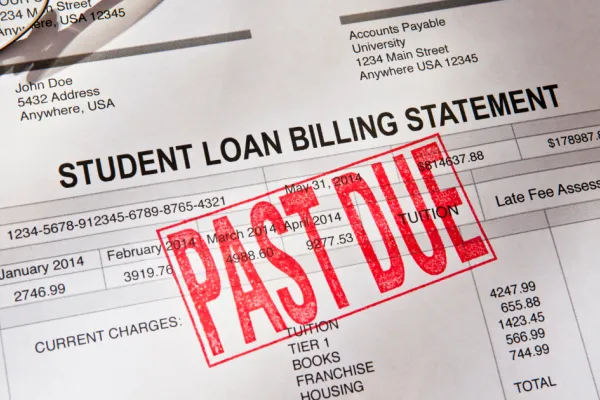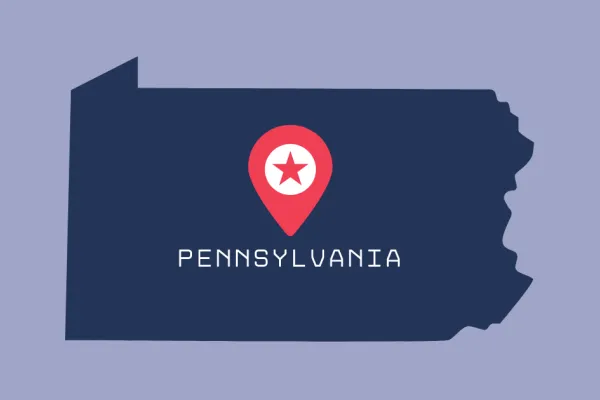Proposal for Increased Transparency at MAXIMUS
MAXIMUS shareholders will be voting on a proposal at its 2020 annual shareholders meeting that would increase transparency of the company’s lobbying activities. The proposal would require MAXIMUS to prepare an annual report disclosing its lobbying policies and procedures, its payments for direct and indirect lobbying, and its membership in and payments to tax-exempt organizations that write and endorse model legislation.
Instead of embracing transparency, MAXIMUS has chosen to oppose this proposal.[1] This is in spite of widespread support for lobbying disclosure and a growing number of companies moving to adopt such policies. As the CtW Investment Group outlined in a letter to shareholders urging adoption of this proposal[2]:
- “Since 2011, 316 companies in the S&P 500 have adopted some form of political spending disclosure, including 281 disclosing state-level spending and 234 disclosing trade association contributions.[3]”
- Despite MAXIMUS’ claim that such disclosure would put the company at a competitive disadvantage, “[c]ompared to other large publicly traded companies that contract with the agencies and departments that are MAXIMUS’ primary federal clients, MAXIMUS is clearly behind.”
- “Many international corporate governance standard-setters support corporate disclosure of lobbying spending, including the International Corporate Governance Network (ICGN), the UN’s Principles for Responsible Investment (PRI), and the OECD in its Principles for Transparency and Integrity in Lobbying.”
Robust transparency is especially merited for companies like MAXIMUS that conduct significant lobbying of federal, state, and local governments, and that also rely on government contracts for nearly all of their revenue. One analysis found that “[a]t a minimum, Maximus spends more than $1 million each year to persuade political leaders to pay it more money.”[4] At the federal level, MAXIMUS spent $4,687,102 on lobbying from 2010-2018. At the state level, where disclosure rules are less consistent, MAXIMUS used at least 140 lobbyists in 23 states in 2018 alone.[5]
Such lobbying by a government contractor has created suspicions of “pay-to-play” practices at MAXIMUS, for example in Los Angeles County, New York, and Illinois.
- The new Netflix docu-series, The Trials of Gabriel Fernandez, highlights how Los Angeles County awarded MAXIMUS non-competitive extensions for a welfare-to-work contract despite the company’s performance problems. MAXIMUS had spent hundreds of thousands of dollars on lobbying in the county.[6] At one point, the county chose another company when rebidding this work, but after MAXIMUS spent $200,000 on lobbying and additional funds on campaign contributions, the county put the contract out to bid again, giving MAXIMUS another chance to retain the work.[7]
- In New York, where MAXIMUS has spent $1,960,081 on lobbying from 2011 to 2018,[8] legislation was passed in 2016 and 2018 exempting two large MAXIMUS contracts from many of the state’s procurement laws, resulting in their non-competitive extension without the standard oversight and review.[9] The total costs of these contracts, which are now valued at $3.7 billion combined, have quadrupled since 2016 without being subject to competition or review by the Comptroller’s Office.[10]
- In Illinois, MAXIMUS received a waiver from state procurement rules that allowed the company to bid on a revenue maximization contract it had helped the state to develop. MAXIMUS contributed $25,000 to then-Governor Blagojevich’s political action fund, and its lobbying firm contributed $80,000 to Blagojevich.[11] MAXIMUS ultimately won the contract.[12]
These cases point to the need for strengthened transparency at MAXIMUS. It is critical that taxpayers can be confident that companies that provide services related to vital health and human service programs are not receiving contracts based on influence or special treatment achieved through lobbying and campaign contributions.
Endnotes
[1] U.S. SEC, Schedule 14A Information: MAXIMUS 2020 Proxy Statement (Jan. 27, 2020).
[2] https://www.sec.gov/Archives/edgar/data/1032220/000137773920000003/maximusshltr2.htm. CtW Investment Group is affiliated with Change to Win, one of GCAP’s member organizations.
[3] Center for Political Accountability, The 2019 CPA-Zicklin Index of Corporate Political Disclosure and Accountability, (Oct. 24, 2019).
[4] Tracie McMillan, “How One Company Is Making Millions Off Trump’s War on the Poor,” Mother Jones (Jan. 2019).
[5] Shareholder proposal submitted by the Service Employees International Union Pension Plans Master Trust. Accessed in U.S. SEC, Schedule 14A Information: MAXIMUS 2020 Proxy Statement, at 67.
[6] “The Trials of Gabriel Fernandez,” Netflix, episode 4 (Feb. 2020).
[7] Daniel Hatcher, The Poverty Industry: The Exploitation of America’s Most Vulnerable Citizens, at 38, New York University Press, 2016.
[8] Shareholder proposal submitted by the Service Employees International Union Pension Plans Master Trust.
[9] Josefa Velasquez, “Meet the Company Reaping Big Bucks from NY’s Budget-Busting Medicaid Surge,” The City (Feb. 24, 2020).
[10] Contract documents obtained via open records request laws for New York State Department of Health contract numbers C025147 and C027557.
[11] Hatcher, The Poverty Industry: The Exploitation of America’s Most Vulnerable Citizens, at 38.
[12] Dave McKinney, “Lawmakers Say Firm Awarded State Pact Had 'Inside Track'; Donor to Gov Provided Data for Consulting Contract It Then Won,” Chicago Sun-Times (July 18, 2005).
Consumers Take Issue with Aidvantage’s Management of Federal Student Loans
In a Rare Bipartisan Move, Pennsylvania Legislators Decry Planned Change in Medicaid Gatekeeper


